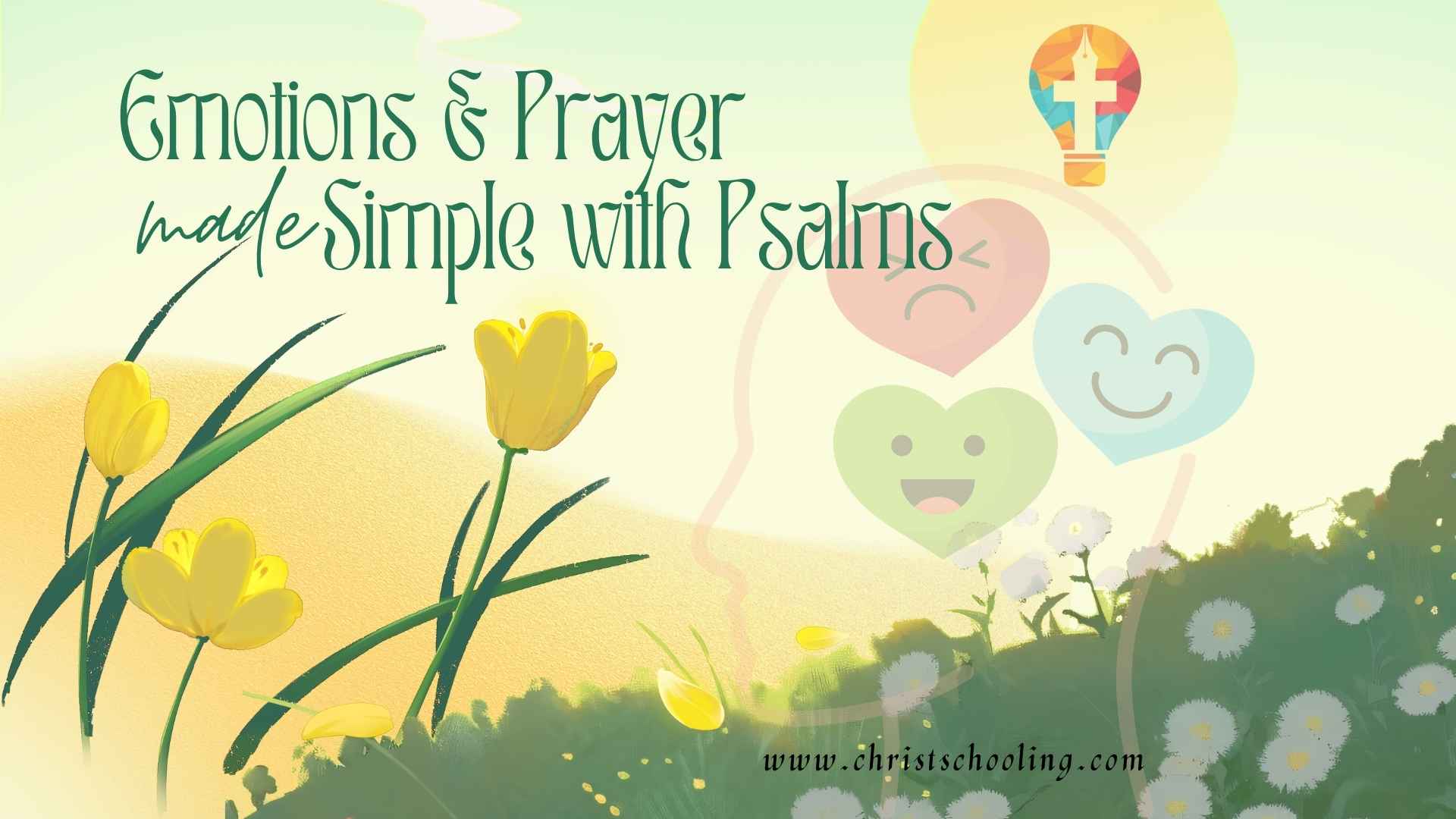🕯️Key Verse: “Your word is a lamp to my feet and a light to my path.” – Psalm 119:105 (ESV)
🔦 Walking by the Light of God’s Word
In a world full of distractions, confusion, and shifting values, it can feel like we are stumbling through fog with no clear direction.
For Christian homeschooling families, the question often arises: “Am I doing this right? Are my children learning what matters most?”
The answer begins with anchoring our journey in the Word of God.
Psalm 119:105 offers us this beautiful reminder:
“Your word is a lamp to my feet and a light to my path.”
Notice it doesn’t say that God’s Word is a floodlight that reveals everything at once. Rather, it’s a lamp, illuminating each step as we take it.
Whether we’re choosing a math curriculum, correcting a disobedient child, or managing our own weariness, God’s Word is the true guiding light.
📖 1. Scripture as Daily Guidance
Imagine walking along a dark forest path. You wouldn’t sprint ahead—you’d move step by step, holding your lantern close.
This is the picture Psalm 119 paints.
God rarely gives us the whole plan at once. Instead, He invites us to trust Him daily. In homeschooling, this might mean:
- Trusting Him for wisdom in lesson planning.
- Asking for Scripture-led responses during conflicts.
- Teaching your child a biblical principle, even when academics feel more urgent.
We are reminded in Proverbs 3:5–6,
“Trust in the Lord with all your heart, and do not lean on your own understanding. In all your ways acknowledge Him, and He will make straight your paths.”
Let His Word be the light that steadies your heart and home.
👣 2. Teaching Your Children to Walk in the Light
Children learn not only from what we teach—but from what we model. If they see you turning to Scripture in moments of doubt or joy, they learn to do the same.
Help your children:
- Memorize comforting verses for when they’re scared (Psalm 56:3).
- Learn forgiveness through verses like Ephesians 4:32.
- Understand wisdom with Proverbs 3:13–18.
- Grow in identity with verses like 1 Peter 2:9.
Remember Paul’s words to Timothy:
“From childhood you have known the Holy Scriptures, which are able to make you wise for salvation through faith in Christ Jesus.”
—2 Timothy 3:15
Create a home where the Word is near, accessible, discussed, and lived.
🛠️ 3. Real-Life Applications: Where Faith Meets Daily Life
God’s Word is not just ancient literature—it is living and active (Hebrews 4:12). And it has something to say about every part of your day:
- 🥣 At breakfast: Read a short Psalm together.
- 🧼 During chores: Discuss Colossians 3:23—doing all things for the Lord.
- 🧒 In correction: Use Proverbs to gently explain right from wrong.
- 🌙 At bedtime: Reflect on God’s faithfulness (Lamentations 3:22–23).
Every ordinary moment becomes sacred when seen through the lens of Scripture.
🌟 4. God’s Word in the Lives of His People
💙 David
A man after God’s own heart, David loved the Word deeply. He wrote in Psalm 19:7–8,
“The law of the Lord is perfect, reviving the soul… the commandment of the Lord is pure, enlightening the eyes.”
Though he stumbled in sin, David always returned to the Word to be restored.
👵 Lois & Eunice
Timothy’s faith was first nurtured by his grandmother Lois and mother Eunice (2 Timothy 1:5). Their generational commitment to God’s Word bore fruit in Timothy’s life.
✝️ Jesus
In Matthew 4, when Satan tempted Jesus in the wilderness, He responded with the words:
“It is written…”
The Son of God Himself used Scripture as His weapon and guide. How much more should we teach our children to do the same?
🛏️ 5. A Practical Devotional Habit
Want to bring more of God’s Word into your homeschool life? Try this simple rhythm:
- Verse of the Week: Choose a Scripture to focus on as a family.
- Scripture Journaling: Ask kids to draw or write how the verse applies to their week.
- Memory Verse Challenge: Make it fun—use songs, flashcards, or games.
- Family Night Discussion: Share how the verse helped you all walk in the light.
These small seeds will yield great fruit over time.
✝️ A Final Word: The Gospel in the Lamp
Psalm 119:105 doesn’t just teach us to walk wisely—it points us to the true Light of the World.
Jesus said, “I am the light of the world. Whoever follows Me will not walk in darkness, but will have the light of life.”
—John 8:12
Ultimately, the Scriptures don’t just lead us to right behavior—they lead us to Christ.
He is the fulfillment of every promise, the One who lights the path to salvation, hope, and eternal joy.
🕯️ Closing Encouragement
Dear parent, your days may be long, and your homeschool path may be winding. But you are not walking in the dark.
The Word of God is your lamp. Use it. Trust it. Teach it. Let it guide your every step.
May your home be filled with the light of His truth, shining brightly in your children’s hearts for generations to come.

